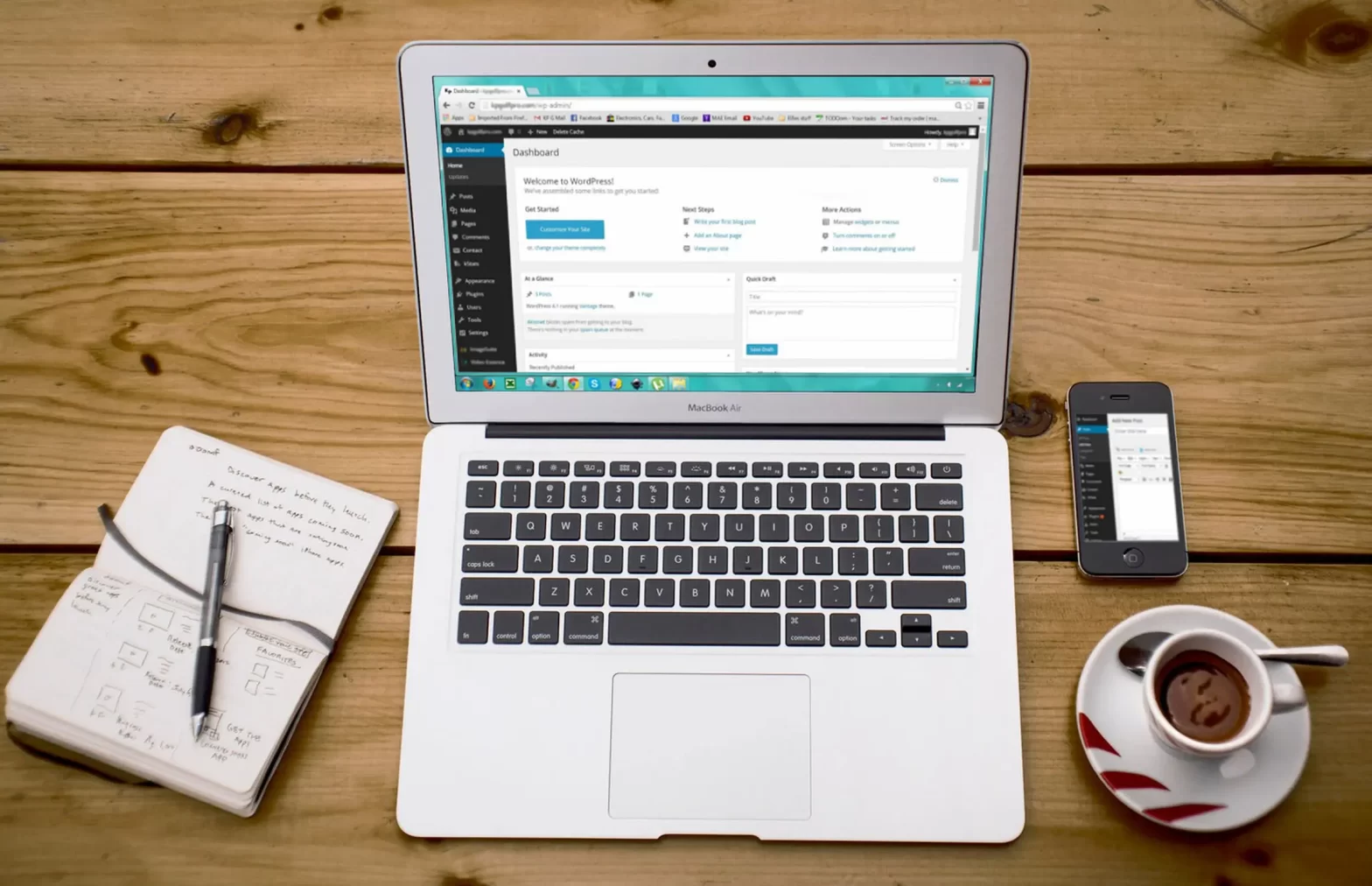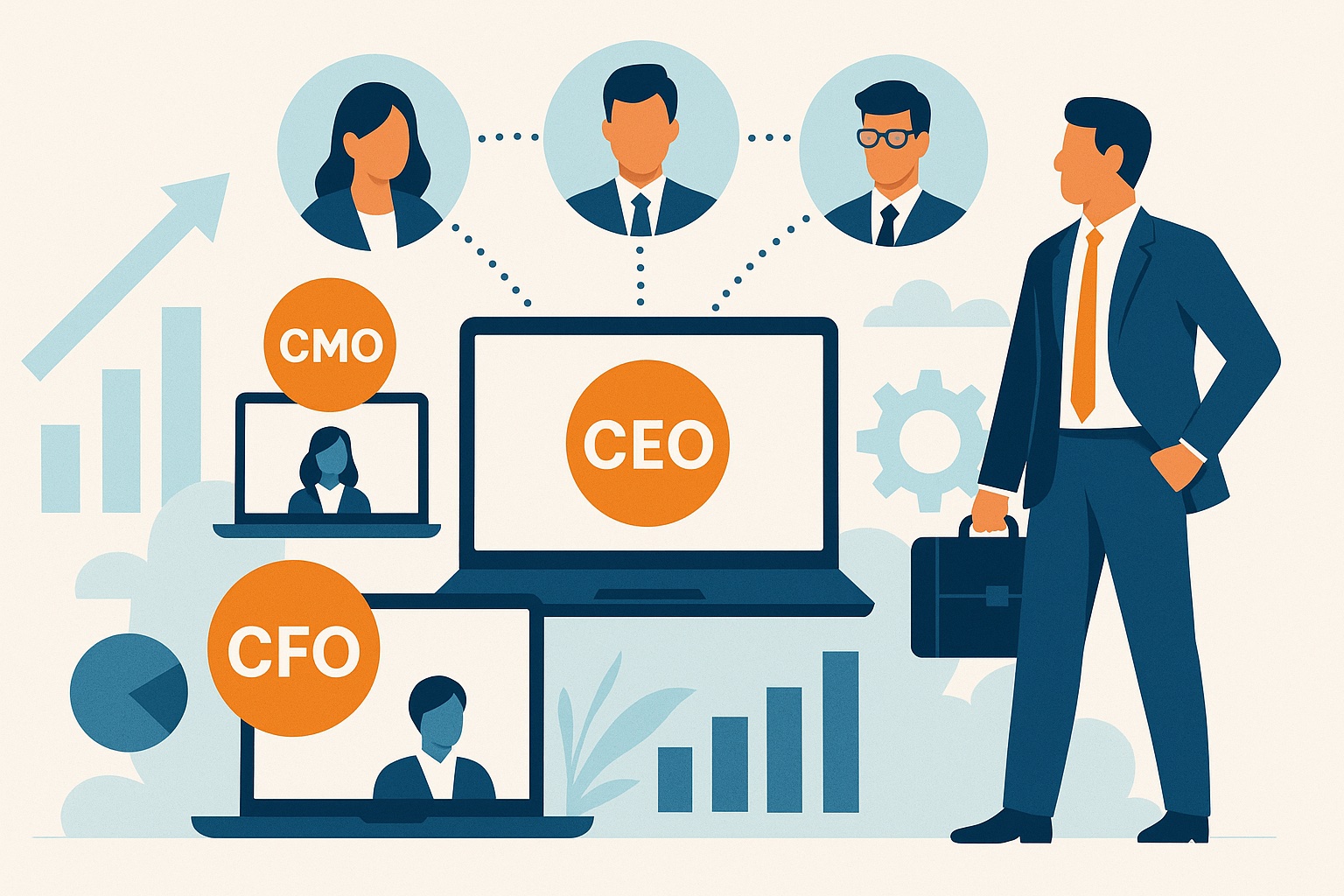
When it comes to building a website, you need to think about the platform that you’re going to build it on. There are a lot of options out there, but WordPress is often regarded as being the best website builder. In this blog, we have taken a look at the pros and cons of WordPress, and why it’s the ‘go to’ website builder of many.
What is WordPress?
Since its release in 2023, WordPress has quickly grown into one of the world’s most popular website platforms. It’s one of the many content management systems (CMS) out there, and it allows users to easily create and manage websites. This includes everything from basic landing page websites and blogs, to complex ecommerce shops. Using WordPress, it’s possible to create a wide range of websites, and the possibilities really are endless. There are a long list of themes, plugins and customisable features, allowing users to create websites that tick every box.
What are the Benefits of WordPress?
One of the main appeals of WordPress is how user friendly it is, and even those with very little website design and development experience can usually navigate the platform. Regardless of technical expertise, creating and managing a website is simple and straightforward. It also has a community of developers and users to make use of, some of which contribute to WordPress by creating themes, plugins and support resources. It’s also important to note that WordPress is free to use, which is unlike a lot of the other CMS options available. Though some of the plugins and themes do need to be paid for, there are free versions available. It’s entirely possible to use WordPress without spending a penny.
WordPress has a range of plugins and themes for you to use, all of which add functionality to your website. It doesn’t matter if you are trying to build a complex ecommerce website or a unique landing page, there’s sure to be a plugin and theme that works for you. There is a lot that can be customsied on WordPress, meaning that there’s no reason for two websites to be alike.
If you know anything about digital marketing and having a successful online business, you will know that search engine optimisation (SEO) is key. WordPress has been set up with SEO in mind, and it’s very easy to optimise a website using the platform. There are plugins to ensure that your keywords, links, images and coding is all perfect in the eyes of search engines.
What are the Drawbacks of WordPress?
You will find a lot of people claiming that WordPress is the best website builder, and there are many reasons that this is true, but that doesn’t mean there aren’t some drawbacks. With WordPress, it’s likely that you will require a range of plugins to build more complex websites, which does make the design and development process a lot more difficult. Though plugins can be easily added to a website, you might require a good understanding of how the system works if you want to achieve something unique. This is why a lot of people utilise a website design agency’s services when a complex website is needed. Plus, when a range of plugins are needed to build a more complex website, there are more features for you to manage and keep on top of.
As WordPress is so commonly used, it’s a big target for cyber attacks. This means that building a website on WordPress requires a good level of cybersecurity, and it’s not enough to simply build a website and hope that it’s secure. Another thing to consider is how often you will need to install plugins and theme updates on WordPress. If you want to ensure that your website is loading quickly, you will need to stay on top of updates, which can be time consuming.
What are Some Alternatives to WordPress?
WordPress is certainly one of the best website builders at the moment, but that doesn’t mean alternatives aren’t also available. One of the most popular alternatives to WordPress is Shopify, which is commonly used for ecommerce websites. Like WordPress, Shopify is easy to use and setting up an ecommerce store takes no time at all. It also boasts a wide range of features including shipping options, marketing tools and inventory management, all of which can be customised to each individual business.
Shopify is a fully hosted platform, meaning that all aspects of website hosting and maintenance are handled by Shopify. This means that you don’t need to worry about managing servers or website infrastructure, as Shopify does that for you. It’s also easy to scale Shopify as your ecommerce business grows and develops, and it will expand as your online presence grows.
Should I Use WordPress to Build My Site?
It’s definitely worth considering WordPress when you are building a website, especially if you are relatively new to the world of website design and development. It’s suitable for almost all websites, except for the most complex web apps. However, Shopify is built with ecommerce in mind and will help you get up and running quickly, securely and without too many complexities. Both WordPress and Shopify are worth considering, and both are services that we offer here at Profici.
There is no denying that building a website can be a big undertaking, especially if you have a lot of big ideas and unique features, and you don’t have the experience to put these plans into action. With Profici, you can sit back and relax, knowing that your website is being built by a team of experts. To find out more, get in touch with our talented team.
Latest Posts
-

Outgrown Your Internal Team? How Fractional Executives Can...
Seeing your business grow is hugely exciting, but growth doesn’t happen on its own. Growth...
-

The Rise of Fractional C-Suites: Why 2025 is...
After many, many years, the way businesses are building their executive teams is changing. With...
-

Why Your Business Needs a 12-Month Marketing Blueprint...
Growing a business isn’t easy, let alone one that grows into a sustainable success. There’s...
-

How April’s National Insurance Rises Impacts Your Business...
On the 6th April, a change took place that’s going to affect employers across the...